 Bagdad, 6 Rajab 1435/6 May 2014 (MINA) – More than 20 million Iraqis were eligible to cast their ballots to choose a new legislative body which will pick the next prime minister and president. Voter turnout was 60%, with final results due to be announced in two weeks after the elections.
Bagdad, 6 Rajab 1435/6 May 2014 (MINA) – More than 20 million Iraqis were eligible to cast their ballots to choose a new legislative body which will pick the next prime minister and president. Voter turnout was 60%, with final results due to be announced in two weeks after the elections.
The elections took place, with no major violent incident. Now, there are mixed reactions on whether the elections were successful. Others, however, are critical of the performance of Prime Minister Nuri al-Maliki’s government. Dozens of people lost their lives in the run-up to the elections in terror attacks which had been the latest gripping Iraq over the past year.
Prime Minister Maliki has described the high turnout in the April 30 elections as a slap in the face of terrorism. Maliki also invited his critics to put the bickering and rivalry of Wednesday’s parliamentary elections behind them and join him in a majority government. His remarks to many reflect confidence that he would get a third term in office. Press TV reported as quoted by Mi’raj Islamic News Agency (MINA).
Parliamentary elections were held in Iraq on 30 April 2014. The elections decided the 328 members of the Council of Representatives who will in turn elect the Iraqi President and Prime Minister.
Also Read: Israeli Forces Kill another Palestinian in Gaza Despite Ceasefire
Iraq’s Independent High Electoral Commission approved 276 political entities to run in the elections. Political entities appear on the ballot as part of a “coalition” (kutla) and under the constitution of Iraq the head of the largest coalition has the first call to become Prime Minister. However, in a precedent set following the 2010 election, a revised coalition can be formed following the election. This reduces the incentive for parties to form coalitions prior to the election.
The largest parties on the approved list include the Prime Minister’s State of Law Coalition, the Sadrist Movement (Ahrar), Masoud Barzani’s Kurdistan Democratic Party and the Iraqi National Accord. Significant new parties include the former militant group Asa’ib Ahl al-Haq and the White Iraqiya Bloc, which split from the Iraqi National Accord.
There are one or two crucial differences that mark Iraq’s 2014 elections as clearly distinct from those that have gone before. First, the campaign and the elections themselves have taken place outside the bracket of security offered by the US and coalition forces, and it shows. In April 2010, one month after the elections, some 1,288 Iraqis had lost their lives, at the same stage in 2014, that number has risen almost four-fold.
The government led by Prime Minister Nouri al-Maliki must take its fair share of the blame for this. In addition to its inability to stop Iraq’s descent into violence, the government’s rampant corruption, nepotism and acquiescence to sectarianising the internal security forces and the army, has left a bitter taste in the mouths of many Sunnis, Kurds and rival Shia groups. Maliki appears to specialise in alienating friends and foes alike.(T/P015/P04)
Also Read: Israeli Settlers Burn Palestinian Farmland in Nablus
Mi’raj Islamic News Agency (MINA)






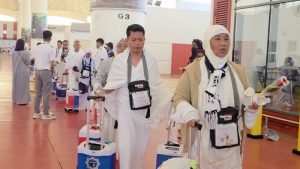
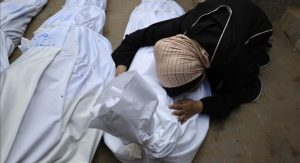
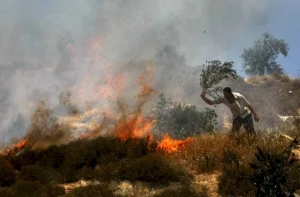
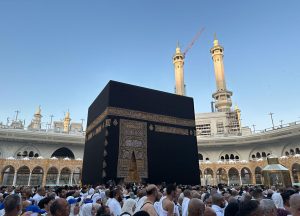

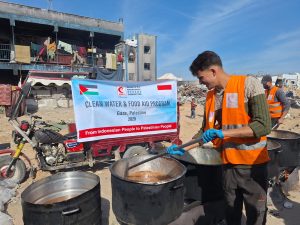
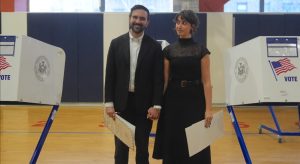
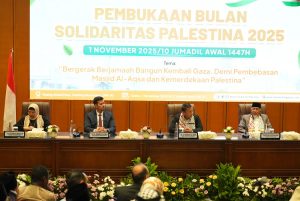




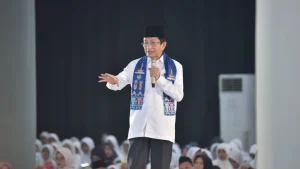
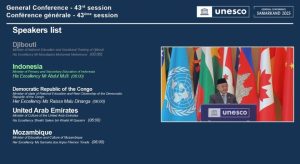
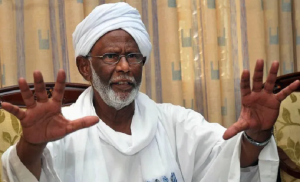

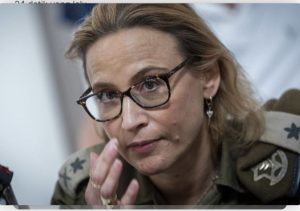





 Mina Indonesia
Mina Indonesia Mina Arabic
Mina Arabic